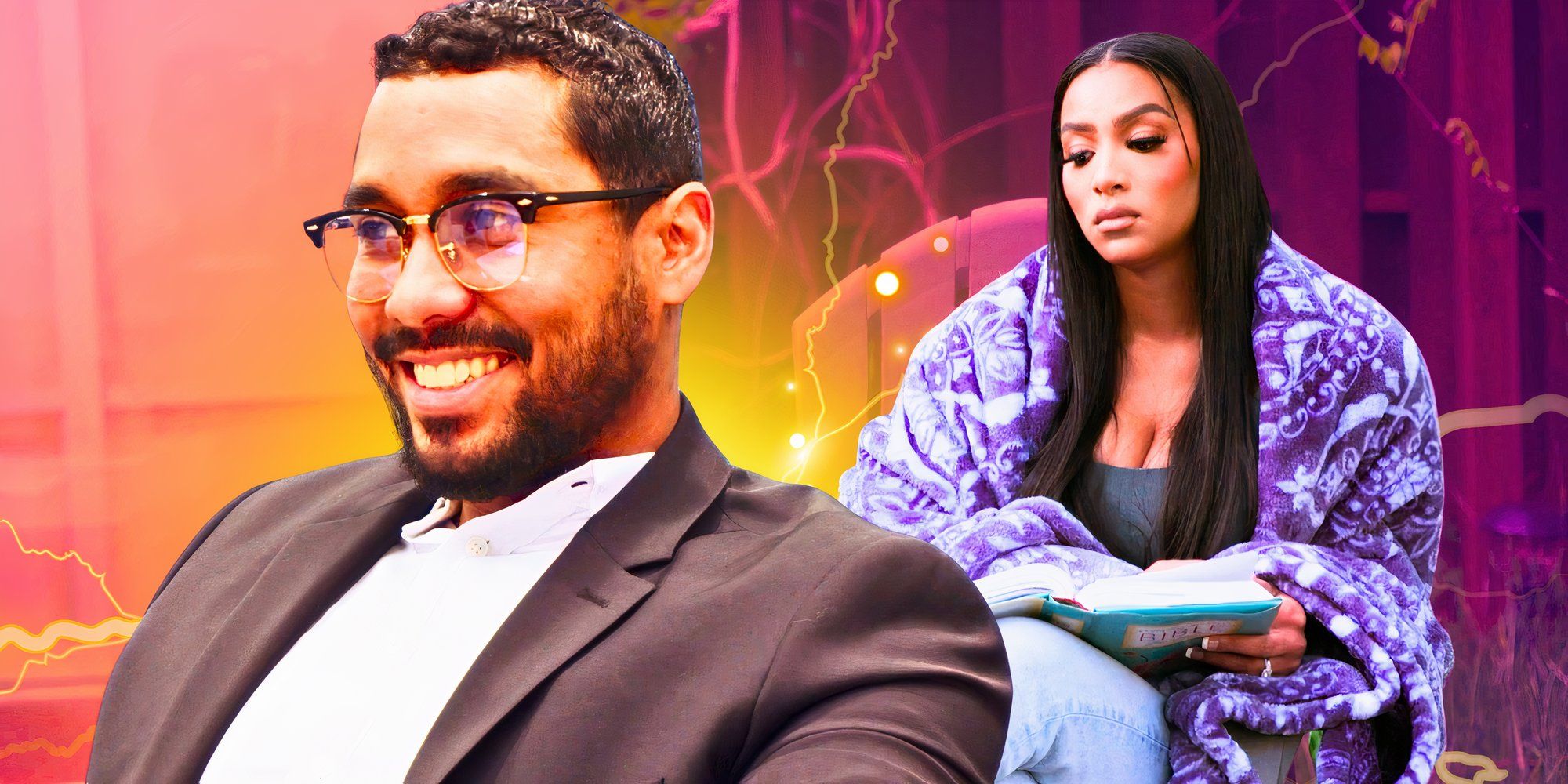Jobs
What jobs are safe from AI?
We now live in an age of artificial intelligence and robot automation. And while that comes with creative and educational benefits, some are concerned about AI’s potential to disrupt some career fields, per the U.S. Career Institute.
AI is estimated to play a growing role in the U.S. economy in the years ahead. A 2023 report by the McKinsey Global Institute found that up to 30% of current working hours in the U.S. economy could become AI-automated by 2030.
And a recent Pew Research analysis covered by CNBC found that roughly 1 in 5 workers in the U.S. could have “high exposure” to AI — which could either play a beneficial role in the job or lead to job displacement.
AI interference is already common in some industries. In a recent survey by Resume Builder, 37% of business leaders claimed their companies replaced employees with AI in 2023, and 44% claimed that AI will lead to layoffs this year.
So what jobs could be safe from AI’s grasp?
1. Health care
Forbes argued that jobs associated with mental health in health care require “a significant social or emotional component,” which makes them less susceptible to AI interference.
Additionally, the U.S. Career Institute analyzed 65 occupations with an “automation risk probability of 0%” and found that nurse practitioners had the highest projected growth by 2031 — out of all applicable occupations. Physician assistants, mental health counselors and post-secondary nursing instructors ranked among the top five in projected growth.
However, AI can provide some benefit to the health care system. The California Health Care Foundation wrote that it could be used to “explore insurance coverage options, predict hospital admission rates, or enhance culturally concordant care.”
2. Education
Peter Stone, a professor of computer science at the University of Texas at Austin, told Education Week that teachers’ jobs will be “transformed” but are “not going to disappear.” He highlighted a teacher’s ability to “watch the student” and “adjust the curriculum” when students aren’t adjusting.
“Did a calculator replace the role of human teachers in math classrooms? No. The teacher now has to teach how to do arithmetic without a calculator and then how to use the calculator appropriately,” Stone told Education Week.
NASDAQ reported that a teacher’s role — outside of conveying information — includes mentoring and “shaping young minds,” and that these personal touches that allow teachers to “remain indispensable.”
3. Law
While AI can be used to review legal documents — and can reduce human error — it may not replace actual lawyers and attorneys, according to Forbes.
Kirsten Whitfield, a privacy specialist at Fieldfisher Law, told Forbes that legal work generally still requires a human touch.
“Lawyers don’t just help navigate the law, they help clients make risk-based judgment calls in complex circumstances. Those judgment calls are guided by life and professional experience that AI cannot recreate,” she said.
Paul Britton, CEO of legal firm Britton & Time, told Forms that AI is not very good at nuance. “You can only program AI to do certain things dependent on input,” he said.
4. Creative professionals
Writers, artists and other creatives develop a “unique blend of cultural understanding, personal expression, and emotional resonance” that “remains elusive to algorithms,” according to NASDAQ.
In an interview with Fortune that was later highlighted by Business Insider, Adobe’s senior vice president of digital media, Ashley Still, claimed AI won’t end graphic design jobs.
“Think about the invention of the camera,” Still said, according to Business Insider. “People thought painting was going to go away, and it didn’t. It’s just that a new type of content emerged.”




/cdn.vox-cdn.com/uploads/chorus_asset/file/24435784/tokyostrava.jpg)




